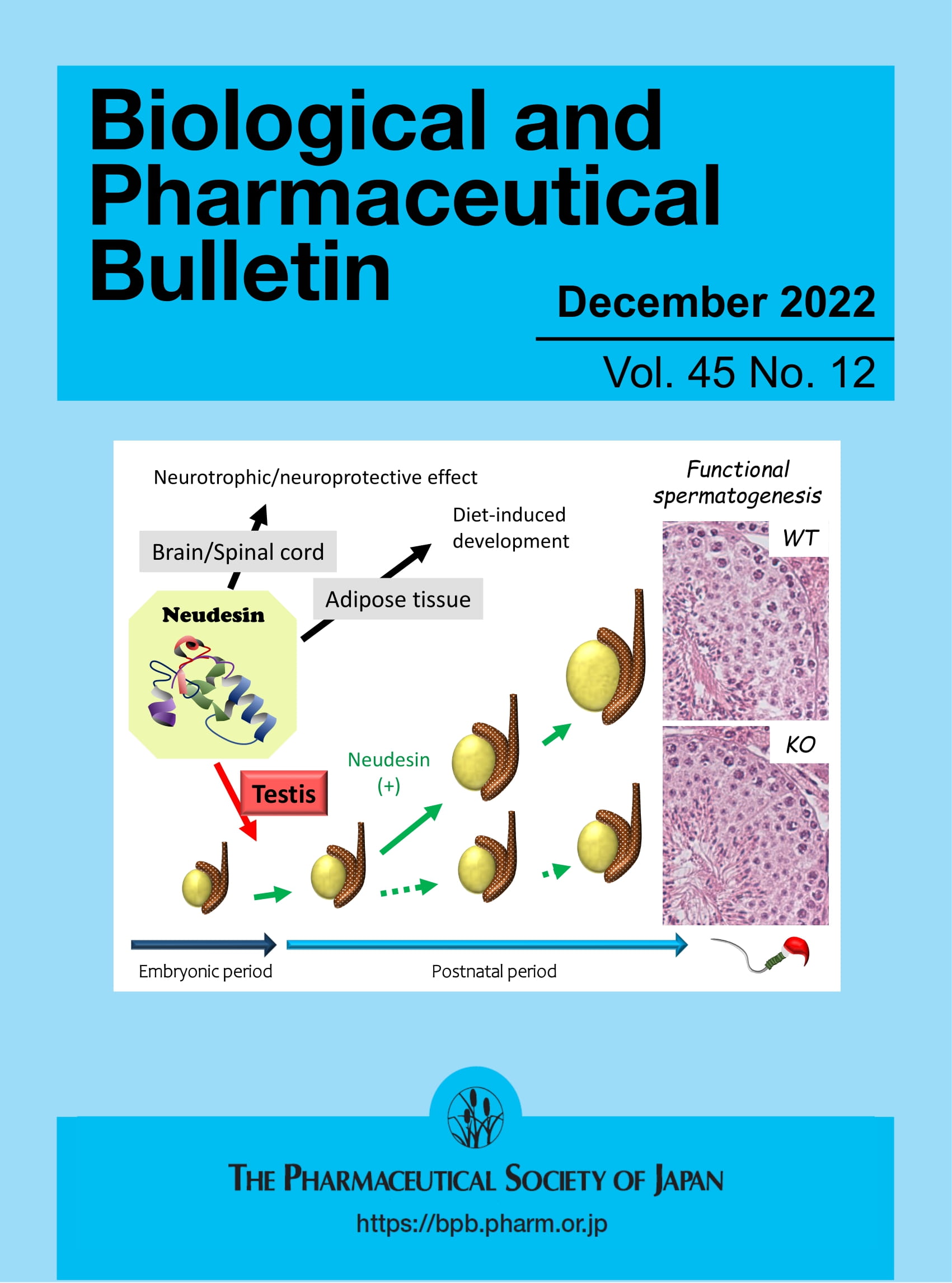Integrating Intestinal Biotransformation and Gut Microbiota to Uncover the Influence of Tongfu Xiexia Decoction in Rats With Constipation
Abstract
Rationale
Tongfu Xiexia Decoction (TFXXD), a traditional Chinese medicine formula, comprises six herbs: semen raphani, Rehmannia glutinosa, rhubarb, Magnolia officinalis, trifoliate orange, and mirabilite. The aim of this study was to investigate the effects of TFXXD on its biotransformation and microbial abundance in the gut of constipated rats.
Methods
Ultrahigh-performance liquid chromatography-quadrupole time-of-flight mass spectrometry (UHPLC-Q-TOF-MS/MS) was used to analyze the biotransformation of TFXXD in the colonic contents, and 16S rRNA sequencing was used to assess the structure and diversity of the gut microbiota across various rat groups.
Results
We identified and analyzed 25 biotransformations of TFXXD in the colonic contents, which undergo various reactions such as deglycosylation, ring opening, and hydration in intestinal bacteria, with 14 originating from trifoliate orange, six from rhubarb, three from Rehmannia glutinosa, one from Semen raphani, and one from M. officinalis. 16S rRNA analysis revealed that TFXXD significantly enhanced the relative abundance of beneficial bacteria, such as Lactobacillus and Bacteroides while significantly reducing Oscillospira abundance. Moreover, TFXXD considerably affected the carbohydrate and amino acid metabolism. Correlation analyses revealed a significant negative correlation between Bacteroides and ACH (Acetylcholine), NO (nitric oxide), D-Lac (D-Lactate), IL-6 (Interleukin-6), TNF-α (tumor necrosis factor-α), and IL-1β (Interleukin-1β) and a significant positive correlation between Bacteroides, hesperetin, and rhein.
Conclusions
In conclusion, our findings indicate that TFXXD can modulate the structure and diversity of the gut microbiota and enhance the metabolic balance in constipated rats.



 求助内容:
求助内容: 应助结果提醒方式:
应助结果提醒方式:


